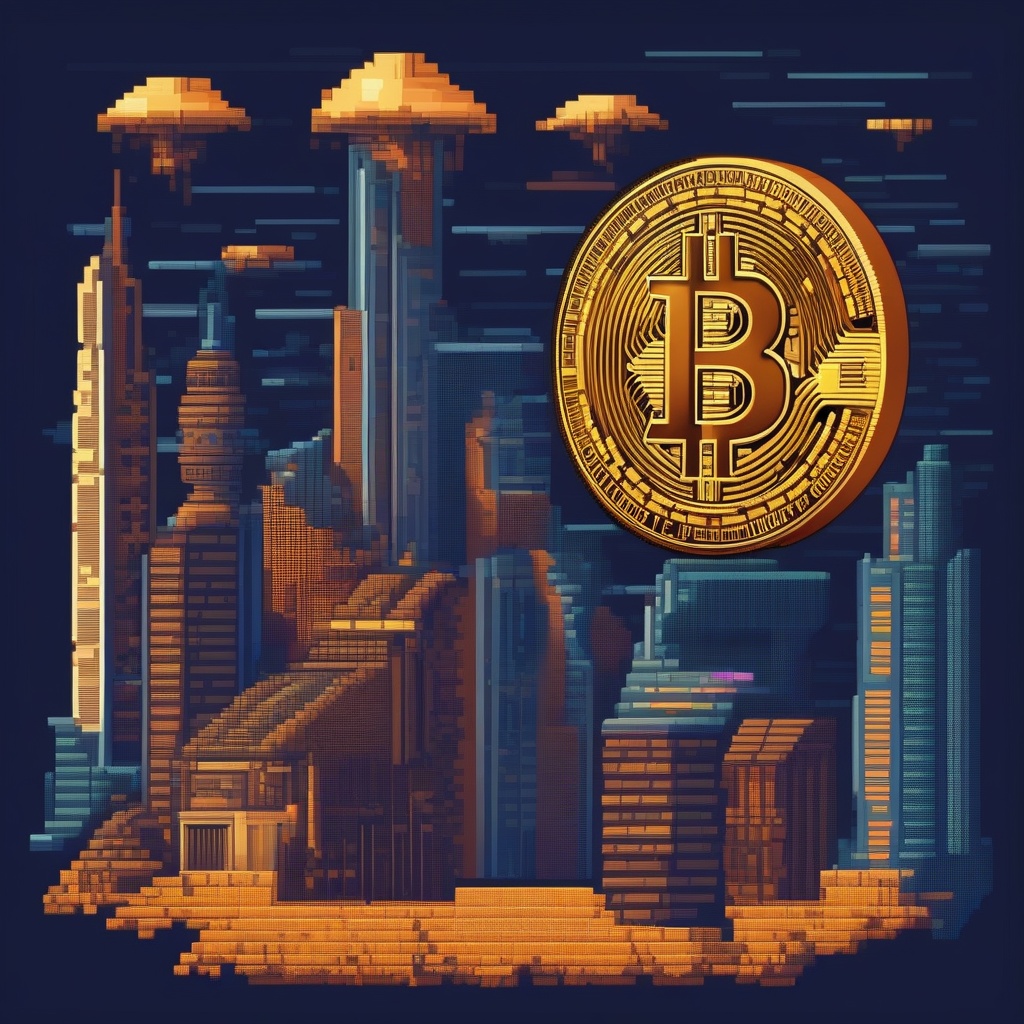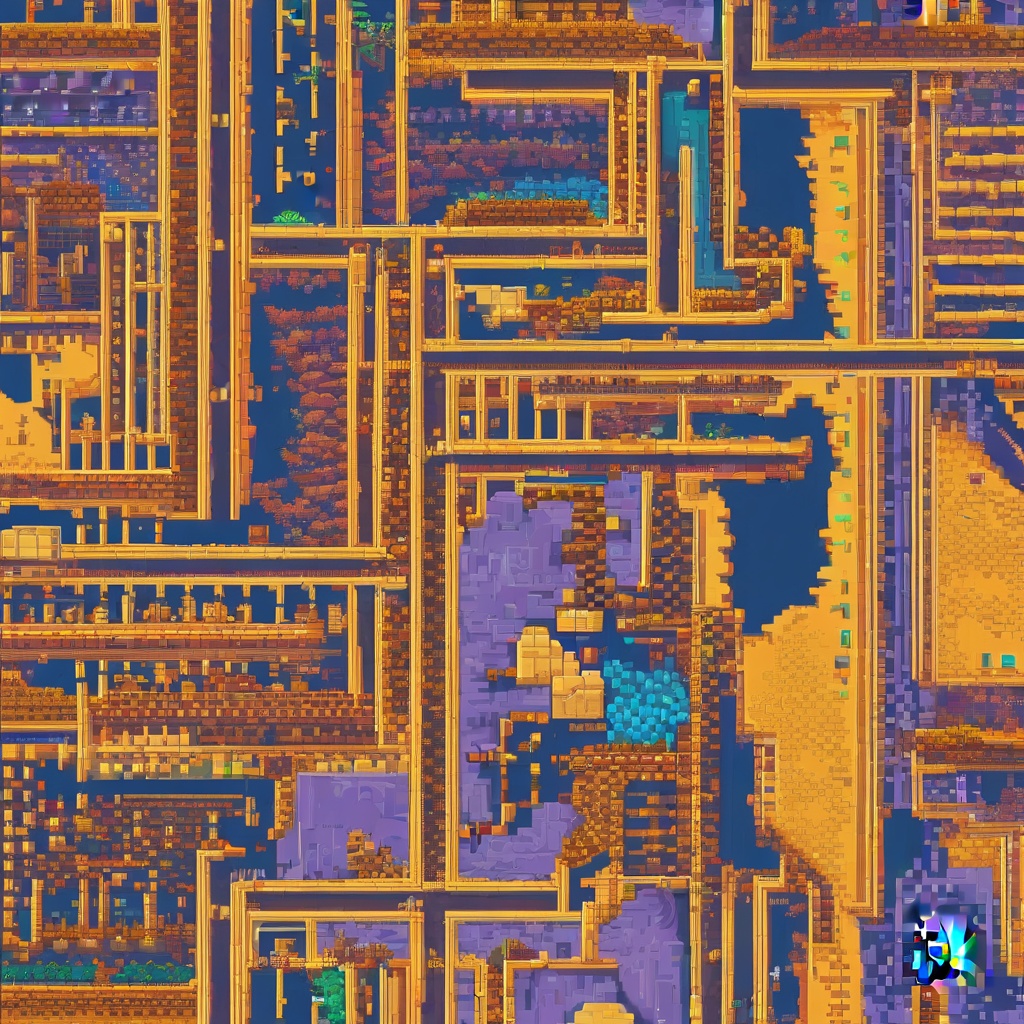What happens after all bitcoins are mined?
As a keen observer of the cryptocurrency landscape, I'm curious to know: What happens once all bitcoins are mined? Will the mining process come to a halt, or will the network adapt somehow? Will the limited supply drive up the value of Bitcoin exponentially? What incentives will miners have to continue supporting the network once the block rewards are exhausted? Are there any plans for the development team to introduce new mechanisms to ensure the network's security and stability in the post-mining era? Understanding the implications of a fully mined Bitcoin network is crucial for investors and enthusiasts alike.

Can bitcoin be mined with a nuclear power plant?
In the realm of cryptocurrency mining, one of the most commonly raised queries concerns the use of unconventional and powerful energy sources. With this in mind, the question arises: Can bitcoin be mined with a nuclear power plant? The concept of harnessing the immense energy output of a nuclear reactor for the purposes of mining bitcoins seems both intriguing and potentially controversial. Nuclear energy, after all, is known for its immense power generation capabilities, but also for its associated risks and environmental implications. Therefore, the query at hand demands a careful analysis of both the technical feasibility and the ethical considerations surrounding such a proposition.

How much is a block reward if all 21 million bitcoins are mined?
With the finite supply of 21 million bitcoins in existence, one might wonder: what is the value of a block reward once all bitcoins are mined? The original block reward for mining a Bitcoin block was 50 bitcoins, which halved every 210,000 blocks approximately every four years. This process, known as 'halving', ensures the scarcity of bitcoins and rewards miners with fewer coins over time. However, once the 21 millionth bitcoin is mined, there will be no more bitcoins to reward miners. This begs the question: how will miners be incentivized to continue securing the network? It's likely that miners will rely on transaction fees to compensate for their efforts, as the block reward will no longer exist. But the precise value of a block reward at that point remains unknown, as it's contingent upon market conditions and the network's future evolution.

How many Bitcoins are mined per minute?
As a keen observer of the cryptocurrency market, I'm often curious about the mining dynamics of Bitcoin. Could you please elaborate on the current rate of Bitcoin mining? Specifically, how many Bitcoins are being mined per minute? I understand that this figure can vary due to factors such as mining difficulty and the total hashing power of the network, but I'm interested in a ballpark estimate to grasp the scale of Bitcoin's mining process. Your insights would be greatly appreciated.

Can cryptocurrencies be mined in Iran?
Could you elaborate on the current situation surrounding the mining of cryptocurrencies in Iran? Specifically, what are the legal frameworks and regulations that govern this activity? Are there any restrictions or limitations for miners in Iran? Additionally, what are the potential challenges and opportunities that miners in Iran face? Furthermore, what impact does the political and economic landscape in Iran have on the feasibility and profitability of cryptocurrency mining in the country? Understanding these aspects would help provide a comprehensive overview of the situation.

